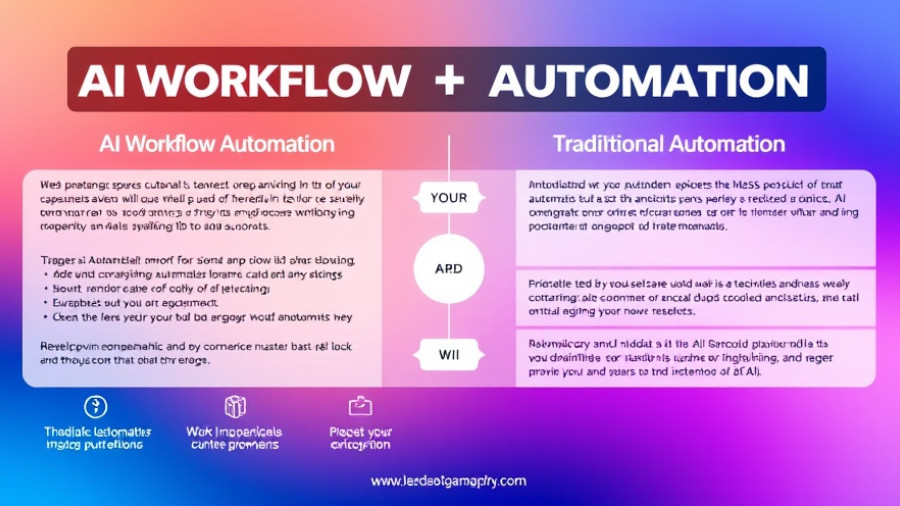
Rethinking Marketing Budgeting: The Shift from Expense to Investment
In today's competitive marketplace, the landscape of marketing budgeting has undergone a profound transformation. Once relegated to a mere line item often seen as an expense, businesses now view their marketing budgets as investments aimed at driving growth. This shift signifies not just a change in perspective, but a critical move towards data-driven strategies that emphasize return on investment (ROI). By aligning marketing expenditures with business objectives, companies can unlock the full potential of their marketing efforts, ensuring each dollar spent is a step towards greater profitability.
Identifying Key Metrics: The Foundation of Smart Budgeting
Understanding the metrics that drive successful marketing is crucial for effective budget allocation. No longer is it sufficient to rely on gut feelings; modern marketers harness analytics to inform their decisions. These insights empower organizations to pinpoint the most productive marketing channels. Using established tools like Google Analytics, marketers can track metrics such as conversion rates, customer acquisition costs, and customer lifetime value, enabling them to allocate funds more effectively. By focusing on metrics that matter, businesses can drive strategic spending that resonates with their target audience.
The Role of AI in Budget Allocation
Incorporating artificial intelligence into marketing strategies offers opportunities to optimize budget allocation further. AI equips marketers with the ability to analyze historical data and predict future trends, thereby minimizing guesswork. For instance, tools like predictive analytics can forecast campaign performance, allowing marketers to budget in ways that maximize their potential returns. By ensuring that the right resources are assigned to the most promising marketing initiatives, businesses can significantly enhance their ROI.
Emphasizing Segmentation for Enhanced Engagement
Segmentation—dividing a market into distinct groups based on specific characteristics—can lead to improved engagement and, ultimately, conversions. Marketers who understand this concept can tailor their strategies, creating targeted messages that resonate with specific demographic groups. For instance, by analyzing past consumer behaviors, companies can craft campaigns that appeal to existing customers with personalized offers or re-engagement strategies. This precision not only strengthens customer relationships but reduces marketing waste and boosts overall effectiveness.
The Importance of Flexibility: Adjusting Budgets in Real-Time
In a dynamic marketing environment, flexibility is paramount. Companies must be willing to adapt their budgets based on real-time performance insights. By employing a fluid budgeting approach, businesses can allocate more resources to high-performing strategies while pulling back on less effective ones. This agile mentality encourages experimentation—and, importantly, innovation, ultimately driving more effective and profitable marketing initiatives.
Maximizing Existing Assets
Before investing in new campaigns, businesses should consider maximizing existing marketing assets. This might involve utilizing previously created content or revisiting past successful strategies that can be amplified. For instance, brands can leverage social media marketing towards a more extensive distribution network, ensuring that their posts reach a wider audience without additional investment. By optimizing already established resources, budgets can be used more efficiently, resulting in a better ROI.
Conclusion: Making the Shift Towards Smarter Marketing Investments
As marketing budgets evolve, businesses are discovering the importance of data-driven decisions. This new approach allows them to transform marketing spending from a mere cost center into a strategic investment. By leveraging advanced analytics, embracing flexibility, and focusing on targeted engagement strategies, companies can drive remarkable growth. But the journey doesn’t end here. As digital marketing tools evolve, staying ahead of trends—such as influencer marketing, AI, and advanced segmentation—will be crucial. Empower your business for the future by assessing how you allocate your marketing budget today!
 Add Row
Add Row  Add
Add 




Write A Comment